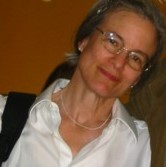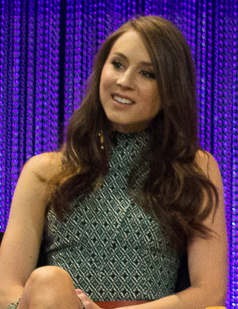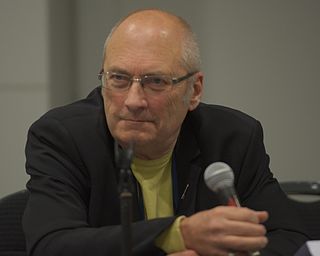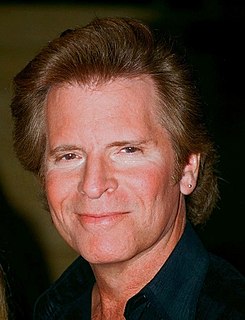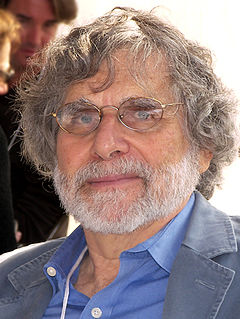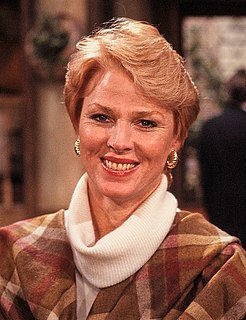A Quote by Sharon Olds
I think that there are fiction writers for whom that works well. I could never do it. I feel as if, by the time I see that it's a poem, it's almost written in my head somewhere.
Related Quotes
I just think that the world of workshops - I've written a poem that is a parody of workshop talk, I've written a poem that is a kind of parody of a garrulous poet at a poetry reading who spends an inordinate amount of time explaining the poem before reading it, I've written a number of satirical poems about other poets.
The fiction I've written and published is certainly inflected by the work of authors I was reading or translating at the time. One of my methods for developing my own voice in fiction, a process I am taking very slowly and deliberately, is through these very intense encounters with certain writers. Strength and power in fiction is being able to resist these intoxicating voices, recognizing that they are the signatures of other writers and not one's own.
The poem builds in my mind and sits there, as if in a register, until the poem, or a piece of a longer poem, is finished enough to write down. I can hold several lines in my head for quite some time, but as soon as they are written down, the register clears, as it were, and I have to work with what is on the paper.
I keep feeling that there isn't one poem being written by any one of us - or a book or anything like that. The whole life of us writers, the whole product I guess I mean, is the one long poem - a community effort if you will. It's all the same poem. It doesn't belong to any one writer - it's God's poem perhaps. Or God's people's poem.
I always had a hard time with fiction. It does feel like driving a car in a clown suit. You're going somewhere, but you're in costume, and you're not really fooling anybody. You're the guy in costume, and everybody's supposed to forget that and go along with you. Obviously, it can work, it works all the time - well, it doesn't always work. Still, no matter what, I'm always looking at the form and addressing it, not ignoring it.
Even when I was young I wanted to be an actress. I knew the actors and the paparazzi. It was just kind of always in my landscape. It was never directed at me, but it was always somewhere so I could see how it operated and I could see it from afar and go 'Wow, that's not really glamorous, it's kind of exhausting not having any privacy.' So it was never something I pursued. The first time I saw the billboard for Pretty Little Liars I almost got into a car accident!
I never think of my audience when I write a poem. I try to write out of whatever is haunting me; in order for a poem to feel authentic, I have to feel I'm treading on very dangerous ground, which can mean that the resulting revelations may prove hurtful to other people. The time for thinking about that kind of guilt or any collective sense of responsibility, however, occurs much later in the creative process, after the poem is finished.
There are writers you admire, for the skill or the art, for the inventiveness or for the professionalism of a career well spent. And there are writers-sometimes the same ones, sometimes not-to whom you are powerfully attracted, for reasons that may or may not have to do with literary values. They speak to you, or speak for you, sometimes with a voice that could almost be your own. Often there is one writer in particular who awakens you, who is the teacher they say you will meet when you are ready for the lesson.
I feel happy about the songs I've written. I'm a great lover of the craft of songwriting, and I sure admire it in other people when I see it - past and present. I feel comfortable with what I have accomplished. I feel happy to be able to work in that environment, and that I have a lot of songs left to be written, somewhere.
Okay, this is Fran Lebowitz. She gave an interview once for the Paris Review about trying to write fiction and saying that fiction writers start talking about how characters are talking to them, and it's crazy, she's never had that. And I also thought, I'm never gonna be able to do this, because I didn't feel that for a really long time.
I think the reason why 'Star Trek' works so well was its small family feeling. The show felt small, you could see the mistakes, you could see rocks weren't rocks. You caught them at it all the time, but you didn't care because you were so hooked to the people and to the stories. It was a fabulous show.
